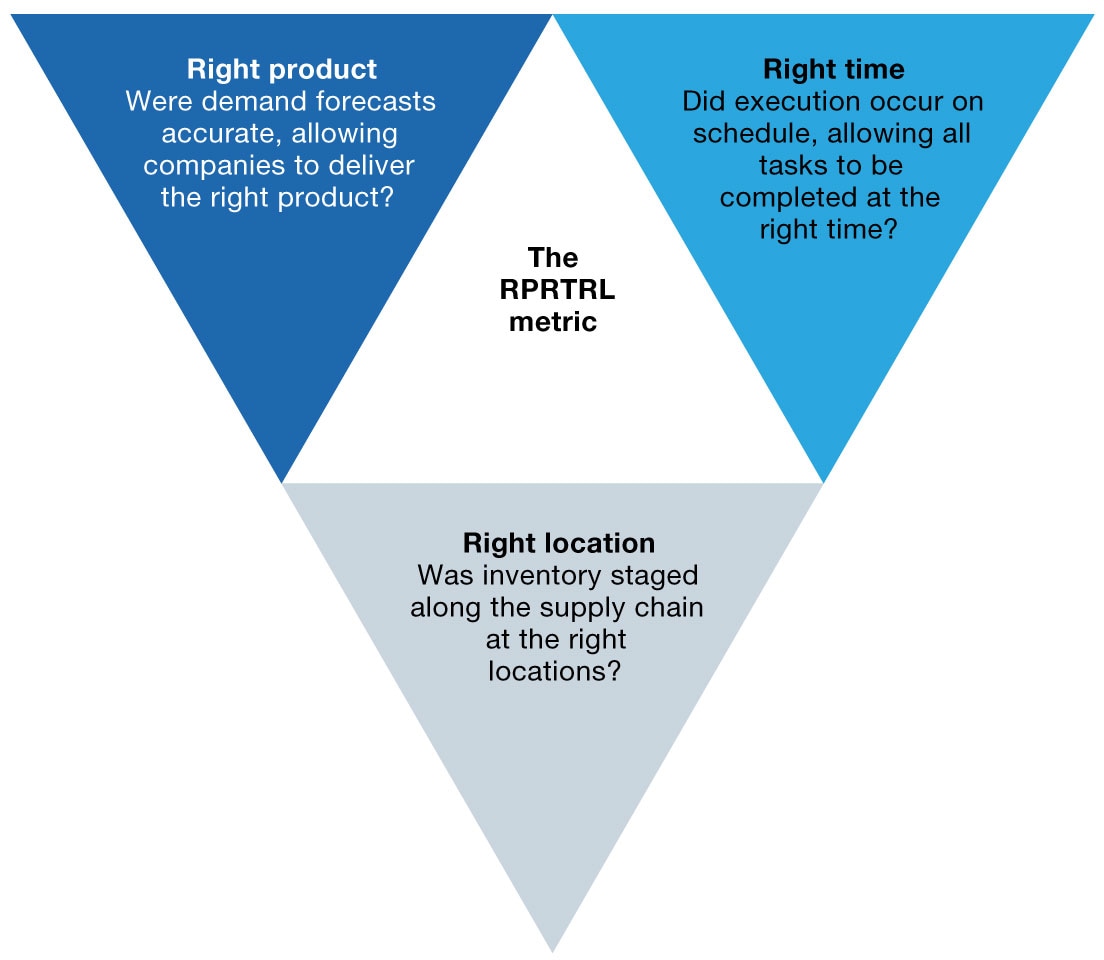| Plus, help for the semiconductor supply chain |
 |
January 4, 2019 |
|
 |
| Our best ideas, quick and curated |
|
|
|
|
| Welcome to 2019! We’re kicking off the year with a look at how zero-based budgeting can help transform a company’s culture and ten trends that are reshaping global fintech. Plus, scroll down for reading picks from Rodney W. Zemmel, a senior partner and healthcare expert. Subscribe to get the Shortlist in your inbox on Fridays. |
|
|
|
| A new year means a fresh start—with resolutions to diet, train for the marathon, and read more fiction. Why can’t companies apply that reset mentality to business? They can if they follow zero-based budgeting, a methodology that allows companies to plan their budgets starting from zero, rather than using the previous year as a jumping-off point for increases or cuts. |
| But ZBB, as it’s known, isn’t just for budgets anymore. It’s also a good starting point for transforming an organization. The first step is overcoming technical hurdles, like creating new links among previously isolated financial-data systems or integrating thousands of spreadsheets into a single budgeting platform. |
| The second step—adopting a culture—is hard for many organizations to crack. The idea of being completely open about budgets is unsettling for people used to protecting themselves by hiding funds in budget lines no one examines. Revealing those habits and then committing to aggressive cost and value targets can seem frightening at first. |
| What’s more, you have to get everyone in the organization to build a zero-based perspective into the way they work. That way people stop seeing zero-basing as an extra burden; instead, it’s just part of how they do what they do every day. The new routine must be demonstrated from the top, communicated constantly, reinforced by genuine accountability, and supported by new capabilities. |
| Companies that use zero-based principles to reshape organizational structure and operations can then redirect resources and employees to higher-value areas. |
| Consider the major retailer that used a zero-based approach to rethink its HR and marketing. Identifying opportunities to reduce costs by 30 to 50 percent across all functions, it developed practical blueprints to rebuild those two in particular. And it used a “cleansheet” approach to evaluating indirect marketing spending, uncovering cost savings of 20 to 30 percent that were redirected to higher-value projects. |
| Finally, remember that zero-based productivity gains become a much more significant source of competitive advantage. Early adopters of zero-basing have already seen almost a decade of competitive advantage over their peers. That’s important not only because of the simple financial impact but also because these organizations are better positioned to take advantage of rapid technological advances in almost every sector. That’s the ultimate result of zero-basing: an organization that’s not just leaner but better. Kind of like you in the new year, right? |
|
|
| OFF THE CHARTS |
| A supply-chain solution |
| Problems along the semiconductor supply chain are difficult to diagnose. But now companies can pinpoint performance issues with a new metric that evaluates the three major components of supply-chain performance: right product, right time, right location. |
 |
|
|
| MORE ON MCKINSEY.COM |
| Ten trends shaping fintech | We look at how the changes in artificial intelligence, user experience, and attacker-incumbent partnerships are disrupting the now-entwined financial and technology industries. |
| Friends or foes: The rise of European aggregators | Today, almost 50 percent of online insurance in Europe is sold through aggregators. Insurers face significant implications, and we present three potential strategic responses. |
| How data helps patients take their medicine | When patients fail to follow prescribed medical regimens, outcomes suffer. Here’s how pharmaceutical companies can combat this long-standing industry issue. |
|
|
| WHAT WE’RE READING | Rodney W. Zemmel |
|
|
| Topping my nonfiction picks is Proust Was a Neuroscientist by Jonah Lehrer. It’s a short book with a fascinating premise: many of the great artists of the last few hundred years had insights on how the brain works that became known to science only many years later. Lehrer explores writers like Proust (who wrote of the infallibility of memory) and Thoreau, as well as artists like Cézanne, Stravinsky, and the chef Auguste Escoffier (who discovered umami)—to show how ideas from neuroscience are present in their work. |
| I also loved The Violinist’s Thumb by Sam Kean, which explores how genetics explains everything from Einstein to John F. Kennedy’s tan to cat ladies. It turns out that Paganini, the celebrated violinist, might have been brilliant in part because of a genetic mutation that made his fingers exceptionally flexible. |
| In the fiction world, I discovered In the Distance by Hernan Diaz when I was wandering around a bookshop in Cambridge. It’s a refreshingly original tale of pioneers heading to the American West, told through the eyes of a young Swedish immigrant. |
| We Have Always Lived in the Castle by Shirley Jackson is about what happens when an isolated family receives a visitor. There’s not much else I can say about the plot without giving it away, but I think you will enjoy it even if your interest in dark comedy (or horror?) is slight. I also loved My Name Is Red by Orhan Pamuk. It’s another murder mystery, this time between illustrators in the sultan’s court in Istanbul. A fascinating novel of ideas with an unusual narrative structure. |
| And finally, check out The Rings of Saturn by W.G. Sebald. I read it after finishing his Austerlitz, which I also highly recommend. His unique voice blends plot and observation and plays with memory in a way that really gets your attention. |
|
|
|
| BACKTALK |
| Have feedback or ideas? We want to hear from you. |
|
|
|
|
| |